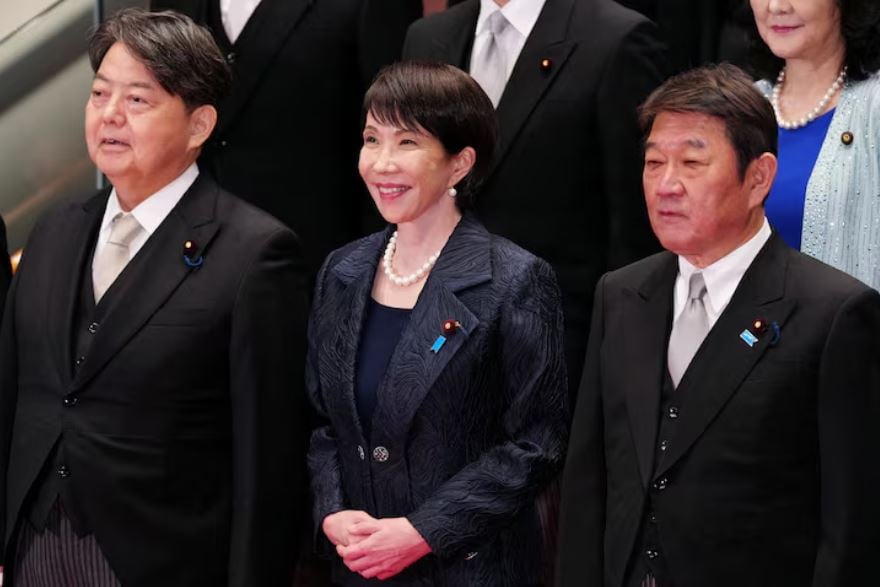The Anti-Corruption Commission (ACC) is currently investigating six major cases against former officials of FENAKA Corporation. ACC Chairman Adam Shaamil revealed this information while speaking to the SOE Committee of the Parliament today.
Shaamil noted that since the change of government, 25 cases involving the former management of FENAKA Corporation have been submitted to the ACC. Out of these, six major cases are under active investigation. However, he did not specify which former FENAKA officials are implicated.
Shaamil also mentioned that the issues regarding FENAKA have been reported to the Public Corporations Board (PCB) and other relevant government agencies.
Providing an update on the ACC's current caseload, Shaamil stated that the commission is investigating a total of 896 cases related to government companies. Of these, 316 cases are in the preliminary stage, while 580 cases are in the further investigation stage.
One of the biggest challenges in handling management issues within companies is the reluctance of some employees to provide statements, Shaamil noted. However, he added that employees are generally more willing to give statements in cases involving former owners after a change in the company's management.
Shaamil noted that since the change of government, 25 cases involving the former management of FENAKA Corporation have been submitted to the ACC. Out of these, six major cases are under active investigation. However, he did not specify which former FENAKA officials are implicated.
Shaamil also mentioned that the issues regarding FENAKA have been reported to the Public Corporations Board (PCB) and other relevant government agencies.
Providing an update on the ACC's current caseload, Shaamil stated that the commission is investigating a total of 896 cases related to government companies. Of these, 316 cases are in the preliminary stage, while 580 cases are in the further investigation stage.
One of the biggest challenges in handling management issues within companies is the reluctance of some employees to provide statements, Shaamil noted. However, he added that employees are generally more willing to give statements in cases involving former owners after a change in the company's management.


















